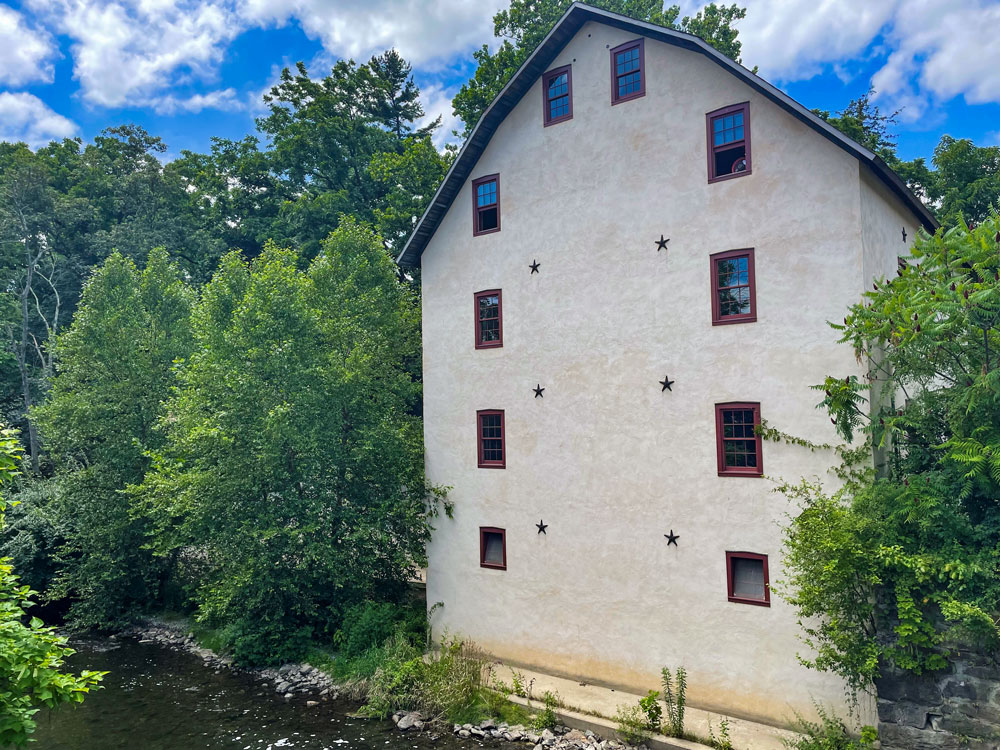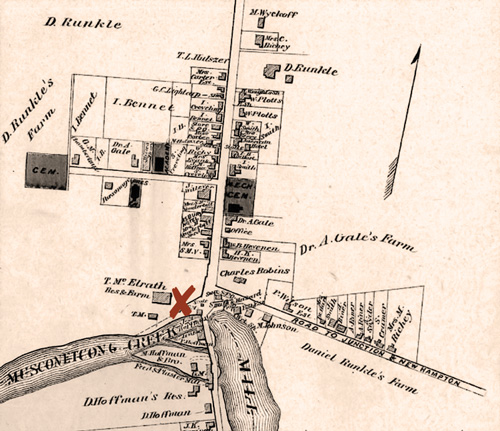
The Asbury Mill used water power to grind grain, and later process graphite. It anchored the growth of Asbury’s Historic District, which includes a number of extravagant homes from the 19th century. The Mill underwent significant structural rehabilitation, completed in 2019, and is currently undergoing interior restoration with plans to open as an Interpretive Center with exhibits later this year.
Open Sunday, 10am – 4pm. Depending on the status of the interior restoration project, the Musconetcong Watershed Association will give tours of the mill and discuss our connection to the Musconetcong National Wild and Scenic River based upon the historical Native American, industrial, agricultural, and recreational uses of the river.
Also visit the nearby Asbury United Methodist Church where the first American bishop, Francis Asbury, set the cornerstone in 1796.
10 Maple Ave, Asbury
Musconetcong Watershed Association
908/537-7060
Map Location
